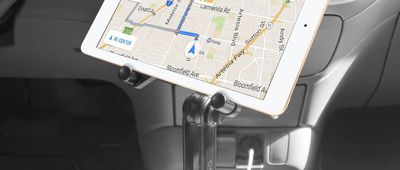Red Flags
With the exception of a tiny handful of classics restored by deep-pocketed owners, all cars die eventually. The trick is knowing when it's time to get out of one that's on its way to car heaven and into one that will last for many miles to come. There is no hard-and-fast rule that says exactly when a vehicle has had enough, but there are plenty of warning signs to let you know that your time with your current car might be coming to a close.





















